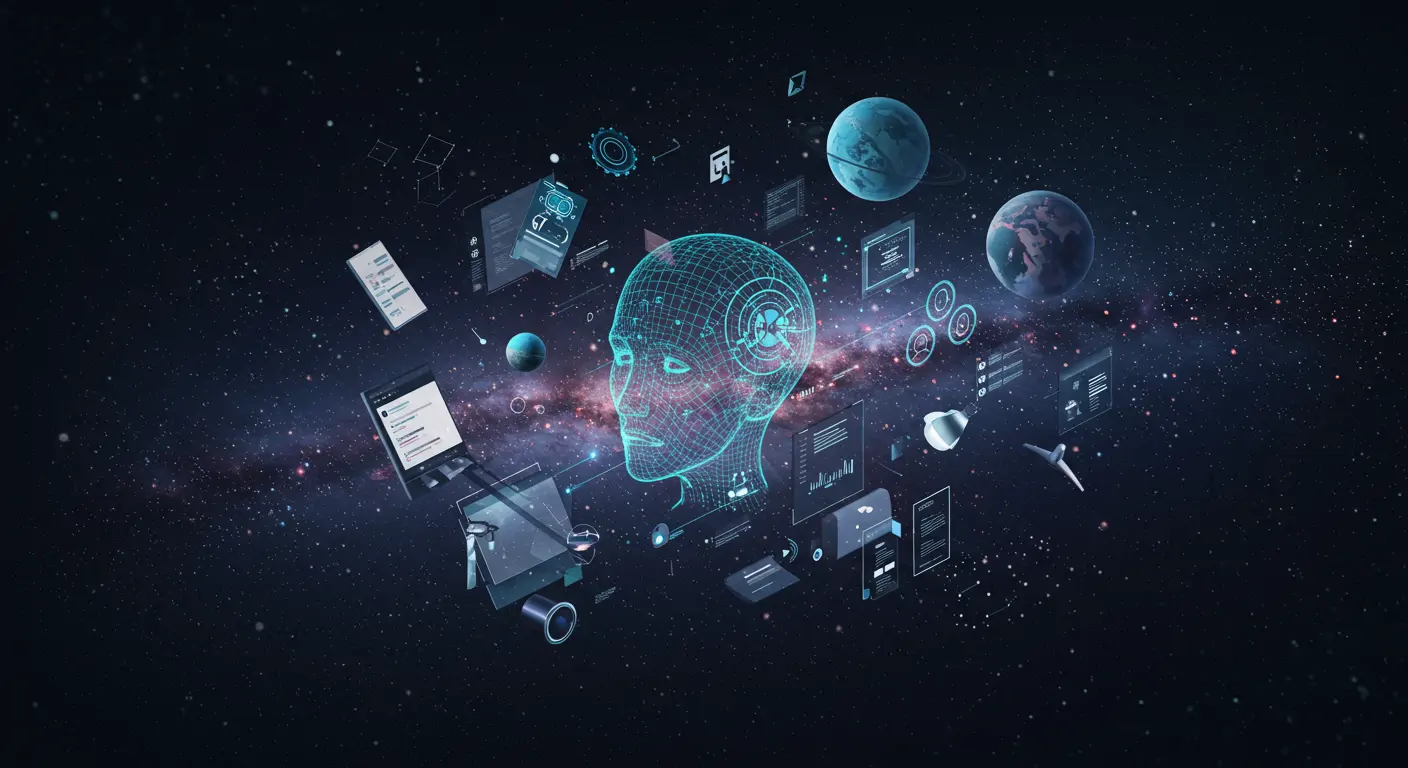Introduction: Why This Matters Now
In 2025, AI-powered app marketing is not just a buzzword but a transformative force reshaping user acquisition strategies. According to a 2025 Forrester report, 78% of marketing teams have integrated AI tools to enhance user engagement, highlighting the pressing shift towards automation. This trend signifies a paradigm shift where businesses leverage AI to optimize their marketing efforts, targeting, and budget allocation, directly affecting app developers, marketers, and business strategists.
Read time: 12 minutes
The Current State: What's Happening Right Now
Since early 2024, several milestones mark the advancement of AI in app marketing. Google Ads introduced a new AI-driven Smart Campaign feature in March 2025, which increased ROI by 30% within the first quarter post-launch. In parallel, Meta's predictive analytics tool for ad placement, launched in January 2025, has shown a 25% increase in ad engagement rates. The global app marketing industry, valued at $45 billion in 2024, is projected to reach $60 billion by the end of 2025, driven by AI adoption. Traditional approaches are failing due to their inability to adapt to real-time data and personalized user experiences, which AI systems can effortlessly provide.
Key Drivers: What's Fueling This Trend
Driver 1: Technological Advancements
The exponential growth in AI capabilities, such as machine learning algorithms, has empowered marketers to predict user behavior with unprecedented accuracy. A 2025 Gartner study shows that 80% of marketers credit AI with improving their customer insights.
Driver 2: Economic Pressures
With global economic fluctuations, businesses are focusing on cost-effective strategies. AI tools reduce marketing costs by approximately 20%, according to a 2024 McKinsey analysis, making them attractive options for budget-conscious companies.
Driver 3: Consumer Expectations
Modern consumers demand personalized experiences. AI allows marketers to deliver tailored content, enhancing user satisfaction and retention. A 2025 Deloitte survey indicates that 70% of consumers expect companies to understand their individual needs.
Real-World Impact & Case Studies
Case Study 1: AppLovin
- AppLovin implemented AI-driven targeted ads in late 2024
- Achieved a 40% increase in conversion rates in six months
- Demonstrated the importance of hyper-personalization in app marketing
Case Study 2: TikTok
- Launched AI-based ad optimization tool in February 2025
- Resulted in a 50% rise in user engagement
- Illustrated the critical role of timely content delivery
Industry Implications
For Developers
- Focus on AI integration skills
- Explore roles in AI-driven app development
For Businesses
- Adopt AI tools to maintain competitive edge
- Pivot strategies to data-driven decision making
For Investors
- Identify startups specializing in AI analytics
- Assess risks associated with rapid tech changes
Challenges & Criticisms
Despite the promising benefits, some critics argue that AI might lead to over-automation, reducing the human touch in marketing. Privacy concerns also linger, as AI's data-driven nature can potentially infringe upon user privacy. Regulatory challenges are anticipated as governments strive to keep up with technological advancements.
Future Outlook: What's Next
In the short term, expect AI to dominate marketing strategies, with a projected adoption rate of 85% by the end of 2025. In the long term, AI will likely integrate with AR and VR technologies, further enhancing user experiences. Key milestones include the proliferation of AI tools in emerging markets and evolving regulatory frameworks. Stakeholders should prepare by investing in AI education and infrastructure.
Frequently Asked Questions
- What are the main benefits of AI in app marketing? Increased efficiency, personalized user experiences, and cost savings.
- How does AI improve user acquisition? By analyzing vast datasets to refine targeting and engagement strategies.
- Are there risks to implementing AI in marketing? Potential privacy issues and over-reliance on automation.
- How can small businesses leverage AI? By utilizing affordable AI tools and focusing on niche markets.
Conclusion: Key Takeaways
- AI is revolutionizing app marketing, driven by technological, economic, and consumer factors.
- Real-world case studies demonstrate significant improvements in user acquisition metrics.
- Stakeholders must navigate challenges to harness AI's full potential.
- Invest in AI training and tools to stay competitive in the evolving landscape.
For more insights, explore our in-depth AI marketing resources.




